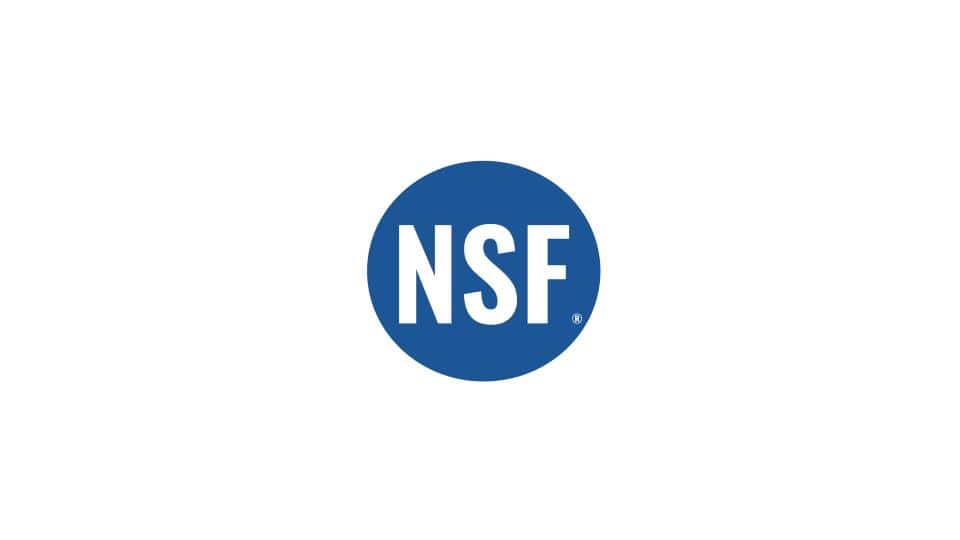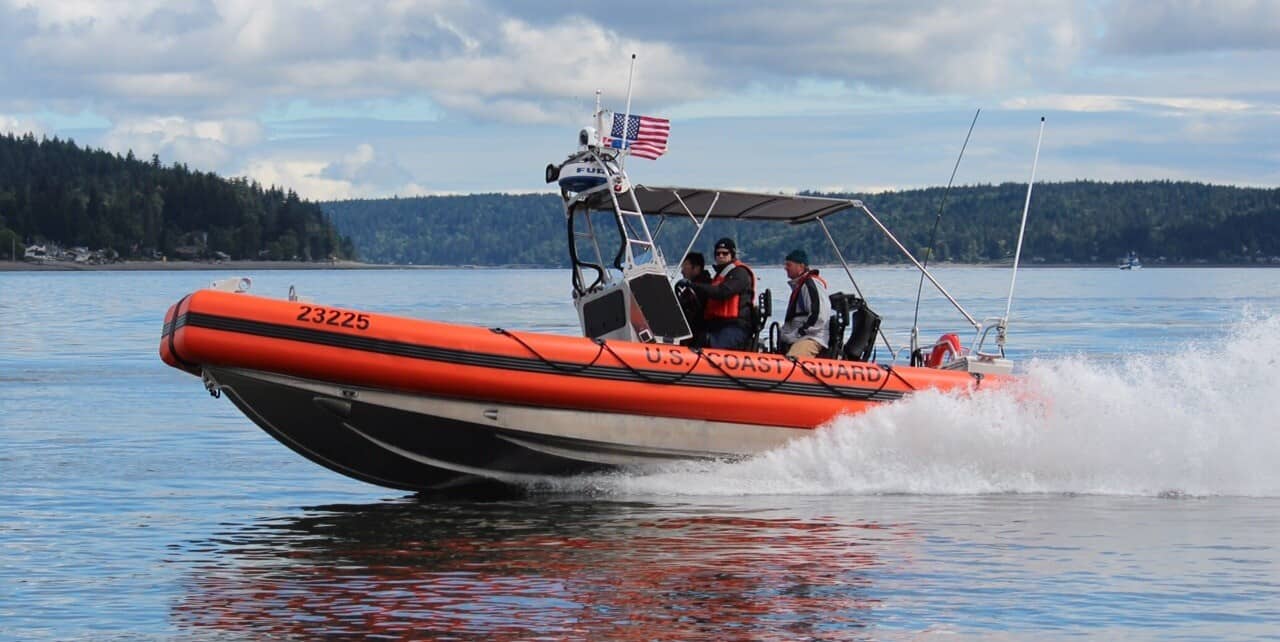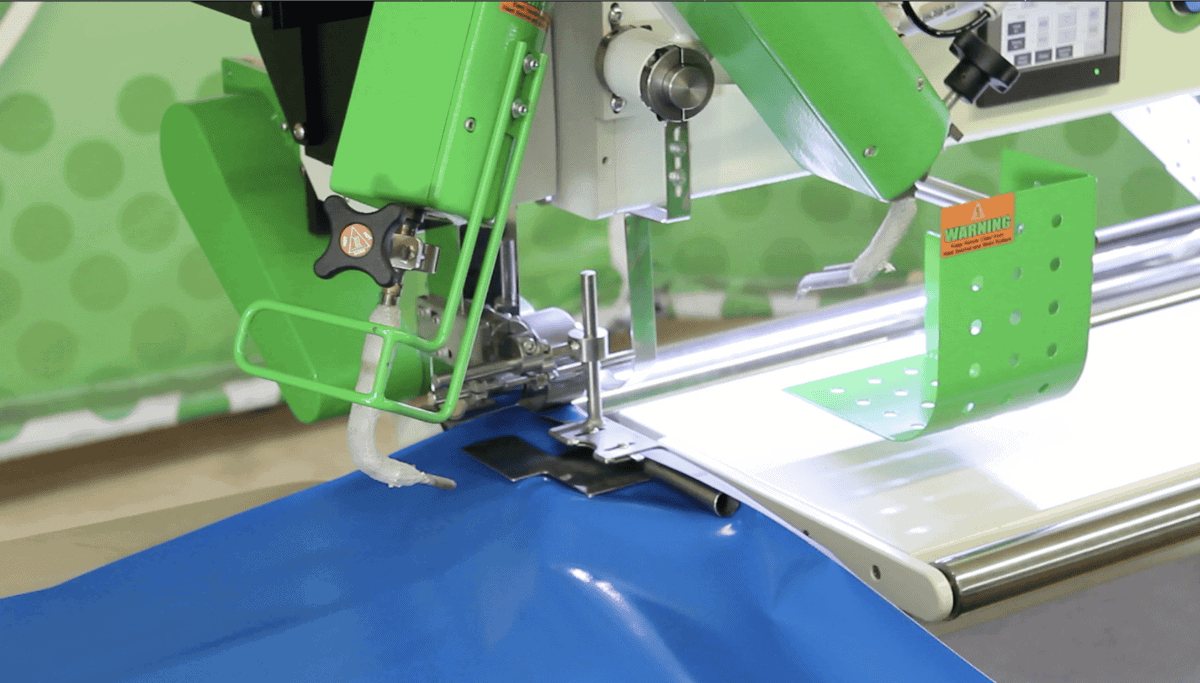The Importance of NSF 61 Certification for Flexible Water Storage Solutions
Flexible Storage Tanks, International StandardsMay 9, 2023
As water scarcity becomes an increasingly pressing issue in many parts of the world, the importance of safe and reliable drinking water storage solutions is more critical than ever. In industries such as agriculture, food and beverage, and municipal water management, flexible storage solutions can offer a practical and cost-effective solution. However, manufacturers of these solutions must ensure that their products meet the rigorous standards for materials safety, structural integrity, and performance required for use in drinking water systems. In this article, we will explore the NSF 61 certification program, its international equivalents, and its relevance to manufacturers of industrial flexible storage products for drinking water.
What is the NSF 61 Certification?
NSF 61 is a certification program established by the National Sanitation Foundation (NSF) to ensure the safety and quality of products used for drinking water system components. This certification program sets standards for materials and products used in the treatment, storage, and distribution of drinking water.
Manufacturers of drinking water storage systems, such as tanks and pipes, may seek NSF 61 certification to demonstrate that their water products meet the rigorous requirements for use in drinking water systems. This certification provides assurance to regulatory agencies and consumers that the products have been tested and comply with the requirements for materials safety, structural integrity, and performance.
The certification is relevant to manufacturers of drinking water storage systems as it ensures that their products meet the standards for use in drinking or potable water systems and provides assurance to consumers and regulatory agencies about their safety and quality.
NSF 61 600 standard: Recent Updates
NSF/ANSI/CAN 600 (NSF 600) is a relatively new standard published on March 15, 2021, and went into effect immediately upon publication.
The standard sets criteria for water treatment systems that remove per- and polyfluoroalkyl substances (PFAS) from drinking water. PFAS are a group of chemicals that are persistent in the environment and can accumulate in the human body, potentially causing adverse human health effects.
NSF 600 establishes minimum requirements for the performance and material safety of PFAS water treatment systems, including point-of-entry and point-of-use systems. The standard covers a range of technologies, including adsorption, ion exchange, and membrane filtration.
NSF 600 was developed in response to growing concerns about PFAS contamination in drinking water and the need for effective treatment options. By certifying that a water treatment system meets the requirements of NSF 600, manufacturers can demonstrate that their product effectively removes PFAS from drinking water and meets the safety and performance standards set by the NSF.
International Equivalents to the NSF 61 Certification
There are several international equivalents to the NSF 61 certification organizations, which are recognized globally for their standards for materials and products used in drinking water systems. Here are some of the most widely recognized equivalents:
- WRAS (Water Regulations Advisory Scheme) in the United Kingdom
- ACS (Attestation de Conformité Sanitaire) in France
- KIWA in the Netherlands
- DIN-DVGW in Germany
- WaterMark in Australia
- Kiwa in the European Union
Each of these certification programs has its own set of standards and requirements, but they are generally similar to NSF 61 in terms of their focus on ensuring the safety and quality of products used in drinking water systems. Manufacturers seeking to sell their products internationally should be aware of the specific certification requirements in each market to ensure compliance with local regulations and safety standards.
In general, having product certification from any of the listed above would indicate that a flexible storage solution product for drinking water meets the standards for materials safety, structural integrity, and performance required for use in drinking water systems. However, it’s worth noting that some regulatory agencies or customers may require additional certifications or testing, depending on their specific application and jurisdiction.
Erez Coated Fabric Products for Liquid Storage Applications
Erez flexible-tank coated fabrics with NSF 61 certification are manufactured from high-tensile-strength polyester or Nylon fabrics coated with thermoplastic polyurethane (TPU), or polyvinyl chloride (PVC), or alloys coatings on both sides.
Erez is a world leader in the production of innovative coated textiles for a wide range of flexible storage tank applications, and for over 30 years has supplied coated technical fabrics for top-brand manufactures in the industry. All Erez products can be glued or welded by HF and Hot Air methods and our PP-coated fabric is available in a wide variety of colors.
At our lab we conduct chemical tests in addition to product testing to ensure extreme resistance to abrasions, punctures, high UV stability, with excellent mechanical properties. Our tank fabrics are specifically designed for storing and transporting liquids for extended periods while maintaining flexibility and durability.
Why Choose an Erez Coated Textile
When choosing an Erez coated fabric for your tank project, your product is backed by six certified barriers for portable applications requiring a CDL 23 rating for nearly any volume of liquid. All are certified by the major international standard-certification bodies, including the FDA, MIL-T specs, NSF/ANSI 61, WRAS, and AS/NZS 4020:2018.
All NSF 61 certified manufacturers and products are listed in a publicly-available online directory. View the Erez liners listing on the NSF website here.
By choosing Erez coated textiles that meet NSF 61 and other international safety standards, you are guaranteed the highest quality products that ensure worldwide marketability and safety for you and your end-users.

Share this Post



